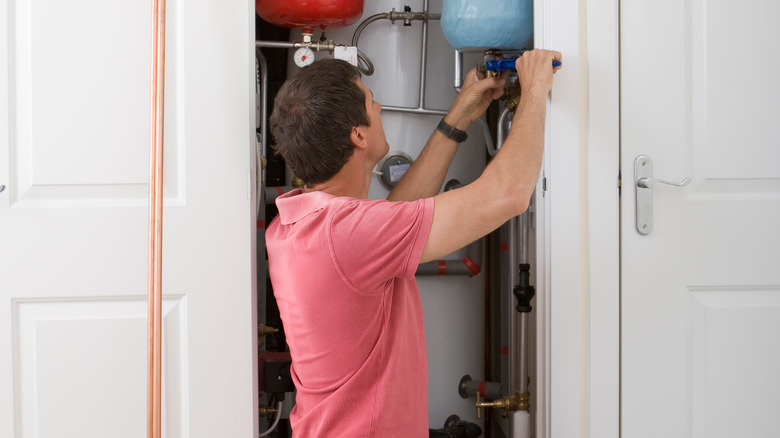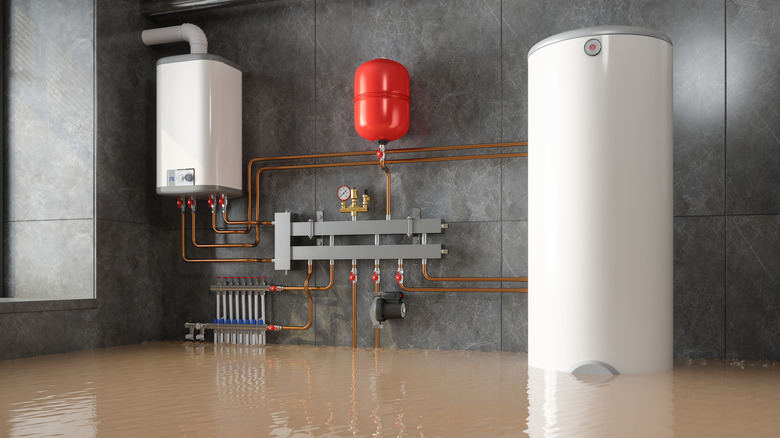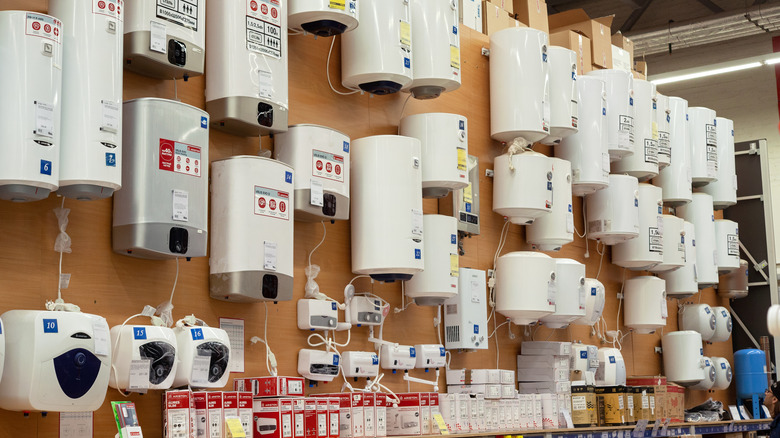What To Consider Before Installing Your Own Hot Water Heater
If your water heater has started to leak or isn't providing you with enough hot water anymore, you may be looking for ways to save money when purchasing and installing a new one. Installing your own hot water heater might seem like a great way to cut costs, but the installation for these appliances isn't usually simple or easy. Consider, not only will you need to have knowledge in electrical work and plumbing, but you may need skills in carpentry as well. Besides the difficulty of the installation, most cities require you to have a permit to perform the installation, as well as an inspection once the hot water heater is finally installed.
You'll also want to keep in mind the local regulations and building codes for your area. If you install your water heater incorrectly or in a place that goes against your municipality's regulations, your home could suffer damage and you could incur costly fines.
Risks of DIY installing your hot water heater
Besides the risk of violating local codes, installing a water heater yourself is likely to void the warranty from the manufacturer, leaving you responsible for the repairs if anything goes wrong. Homeowners insurance policies also tend to rescind coverage for water heaters that aren't installed by a plumber, so if your heater leaks or floods your home, you'll have to pay to fix the damage yourself.
You also need to consider that a lot of things can go wrong when installing a water heater, such as issues with the pressure release valve. If pressure is unable to be released, your water heater may explode and could possibly shoot through the ceiling. This will not only flood your home, but is extremely dangerous for anyone nearby. Problems with the electrical work can cause fires, and if the gas lines aren't properly connected, you could be at risk for gas leaks and carbon monoxide poisoning.
Things to consider when purchasing a water heater
The first step in installing a new water heater is purchasing one that's the right size for your household. Smaller water heaters are generally less expensive, but if the appliance is too small for your home, it'll wear out faster and could rack up your utility bill from constantly running to keep up with demand. You may also end up running out of hot water often, leaving you shivering at the end of your shower. On the other hand, a water heater that has a larger capacity than you require can be costly since it'll heat more water than you end up using.
The energy efficiency of the water heater is also an important factor to consider. While heaters with higher-rated energy efficiency will cost more, investing in one will decrease your energy bills. A cheaper water heater with lower energy efficiency may save you money at the time you purchase it, but it'll most likely increase your utility costs over time. Lastly, whichever kind of water heater you decide is best for your home, having a professional install it could save you from dangerous and costly DIY mistakes.


